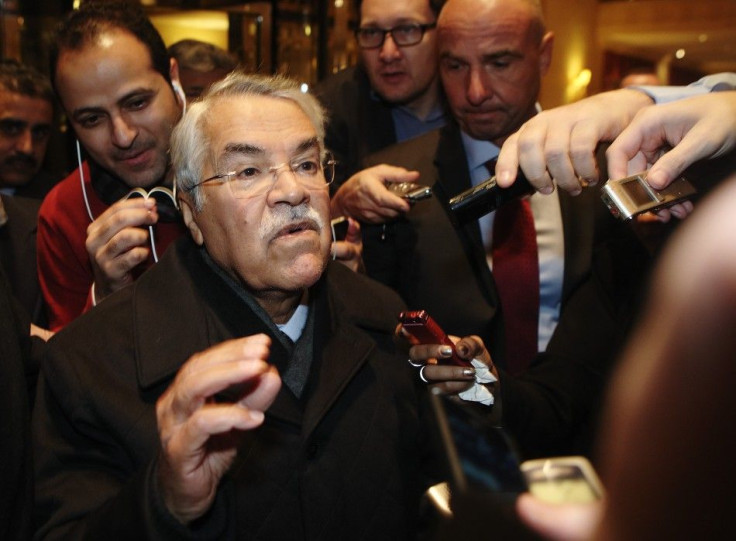Saudi Arabia signals change in stand ahead of OPEC meet: Looking for per barrel price between 60-80 dollars

Saudi Arabia seems to be marking a departure from its known stand that it will not prop up the oil market by cutting production to garner a price of $100 a barrel. Now the top producer in the club of Oil Producing and Exporting Countries (OPEC) is hinting that it is difficult to go on with high volumes at low prices.
In 2014, Saudi's oil minister Ali al-Naimi made the statement that even if oil “goes down to $20” Saudi Arabia will not budge from its stand. Now after almost a year, with OPEC ministers meeting coming up on Dec. 4 in Austria, as the price is hovering at $45 a barrel (AU$62.56), many Saudi officials are trying to send out a different message.
According to a recent report, they have become more vociferous in pointing to the dangers of future supply shortages as investment in new projects are not happening, reports Financial Times.
Price paralysis must end
In recent months, oil prices have crashed more than expected and Saudi is keen to see the end of oil price paralysis. Though Saudi officials reiterate that they are not changing the policy of aiming long-term exports than short-term financial gains, in private, they assert prices need to stabilise between $60 (AU$83) and $80 (AU$111) per barrel.
“They have made their point and no one in the world has missed it,” noted Nat Kern of Washington DC-based consultancy Foreign Reports.
Future investments
At the forefront of the shift in Saudi stand is Prince Abdulaziz bin Salman al-Saud, Saudi Arabia’s deputy oil minister and the King's son. He recently warned in Doha that the investment for future oil supplies will suffer if the “any price” scenario persists. He noted that the losses from a long period of low oil prices will be hard to erase.
Oil minister Naimi also said the world will need $700 billion (AU$973 billion) in investment to meet the upcoming oil demand of the coming decades.
“The Saudis want to warn the market not to overdo it,” says Amrita Sen of Energy Aspects in London.
Saudi Arabia is clearly under pressure from competitors like Russia and Iran. It is also vying with Russia to be the top supplier for China and watching the way Iranian oil exports will bloom in 2016, once sanctions are removed. In the US, Saudi has lost 29 percent market share for oil exports in three years.
The peer pressure from OPEC is also huge. Venezuela and Ecuador are very vocal on higher prices and have problems in balancing budgets of oil prices go down.
Turkey tension
Geopolitical tensions between Turkey and Russia that followed the downing of Russian jet near Syria border had signalled a possible price rise in oil. But Middle East issues are not making any direct impact on oil supply, which continues to be a case of oversupply and low demand, reports Market Watch.
“The potential increase in geopolitical risk premium has faded a bit as the dispute between Russia and Turkey has not yet escalated or spread to the surrounding countries, affecting oil output,” commented Michael Poulsen, the oil analyst working with Global Risk Management.
For feedback/comments, contact the writer at feedback@ibtimes.com.au or let us know what you think below.





















